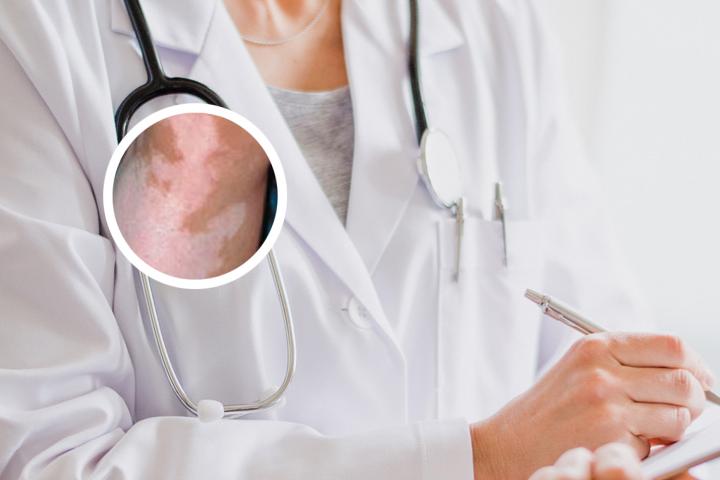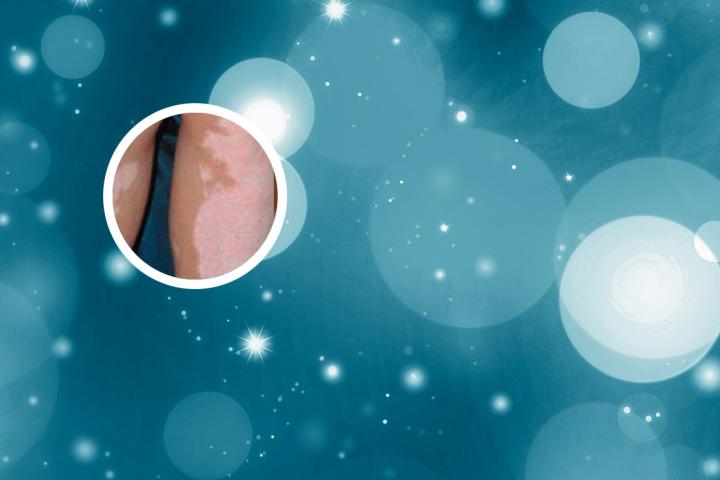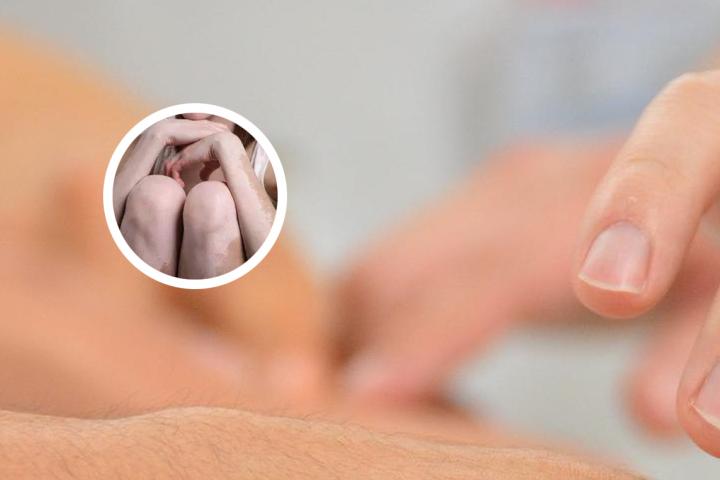Summary:
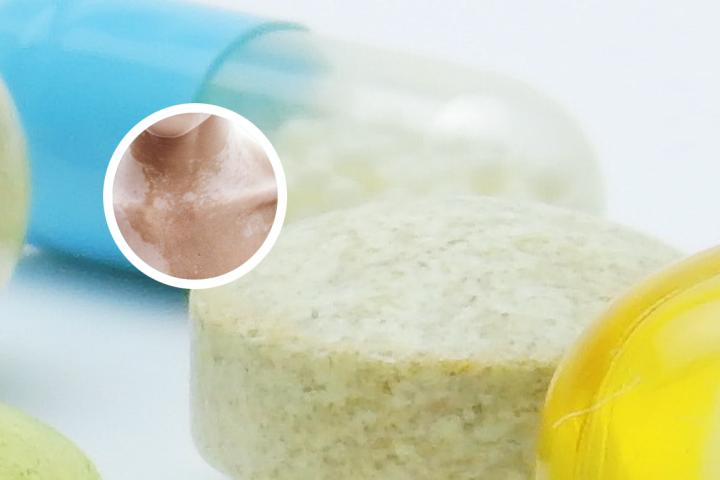
白癜风 (bái diàn fēng), also known as vitiligo, is a pigmentation disorder where melanocytes stop producing melanin, resulting in white patches on the skin. While there is no cure for vitiligo, there are various treatment methods to manage its symptoms. Some people may believe that eating raw onions can help improve vitiligo, but there is no scientific evidence to support this claim. In fact, consuming raw onions in large amounts can cause gastrointestinal discomfort and even lead to anemia due to its high sulfur content.
Answer:
白癜风 (bái diàn fēng), also known as vitiligo, is a chronic autoimmune disorder that causes the loss of pigment in the skin. It affects people of all ages, genders, and ethnicities, and it can occur anywhere on the body, including the face, arms, legs, and genitals. The condition is caused by the destruction of melanocytes, which are the cells responsible for producing melanin, the pigment that gives our skin its color.
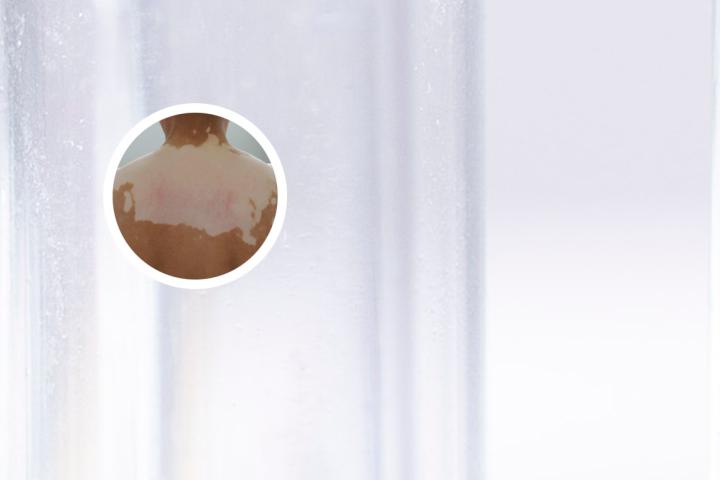
There are various treatment methods to manage vitiligo, including topical corticosteroids, light therapy, and surgical procedures. However, there is no cure for the condition, and the effectiveness of these treatments varies from person to person.
Some people may believe that consuming raw onions or other sulfur-rich foods can help improve the symptoms of vitiligo. However, there is no scientific evidence to support this claim. In fact, consuming large amounts of raw onions can cause gastrointestinal discomfort, such as bloating and gas. Additionally, the high sulfur content in onions can interfere with the absorption of essential minerals, such as iron, calcium, and zinc, leading to anemia and other health problems.
It is important to remember that a balanced and healthy diet can help support overall skin health, but there is no specific food or diet that can cure or improve the symptoms of vitiligo. If you have concerns about your skin health or are experiencing symptoms of vitiligo, it is important to consult with a dermatologist or medical professional for proper diagnosis and treatment options.
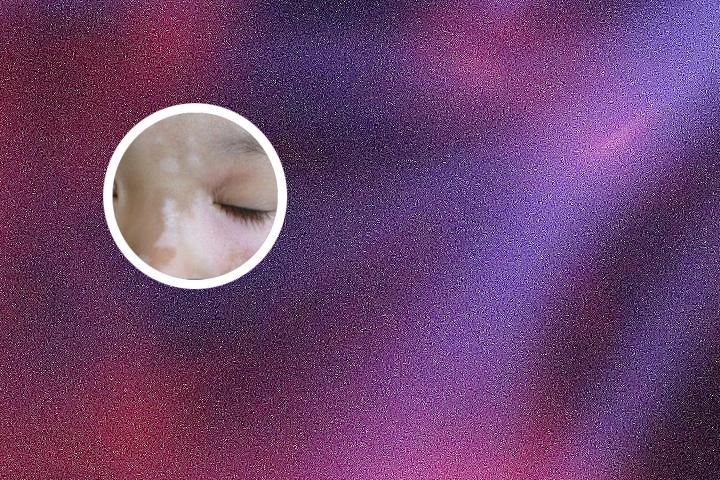
白癜风能吃榛子吗
首先,我们要了解什么是白癜风。白癜风是一种常见的皮肤疾病,其主要特征是皮肤局部变白,皮肤色素细胞减少或消失,导致色素生成减少或不足。目前白癜风还没有根治的办法,但是可以通过一些治疗措施减缓病情的进展与扩散。
接着我们来看榛子是否适合白癜风患者食用。榛子是一种富含营养的坚果,有利于增强免疫力和改善皮肤状况。但是对于白癜风患者是否适合食用还需进行更详细的分析。
从营养角度来看,榛子含有丰富的维生素E和硒等抗氧化剂,而抗氧化剂可以维持细胞健康,预防细胞受损。同时,榛子还含有抗炎成分,可以缓解皮肤炎症症状。因此,榛子对于皮肤健康具有一定的帮助作用。
然而,榛子也是一种比较常见的致敏食物,对于一些过敏体质的人来说榛子可能会产生不良反应。对于白癜风患者而言,疾病本身就是因免疫系统功能异常而引发的,而过敏反应恰恰是一种免疫系统异常的表现,因此食用榛子有可能会加重患者的病情。
所以,我们不能一概而论说白癜风患者是否能食用榛子,要根据患者个人的情况来综合分析是否适合。如果患者并没有过敏史,而且对于榛子没有任何不良反应,那么可以适量食用榛子以增强免疫力和改善皮肤状况。但是如果患者有过敏史或者对榛子产生过敏反应,那么应该避免食用榛子,以免加重病情。建议白癜风患者在专业医生指导下进行饮食调理,以获得更好的治疗效果。
白癜风能吃生榛子吗
首先,我们来了解一下白癜风的病情特征。白癜风是一种常见的皮肤色素失调性疾病,患者在皮肤上出现白色斑块,通常和足够的黑色素有关。治疗方案通常包括光照疗法、激素疗法等药物疗法和植物药物疗法等多种方法。许多人认为饮食可以对这种状况产生影响,因此有些人可能会问白癜风能吃生榛子吗?
其次,我们需要了解一下榛子的成分和功效。榛子营养成分相当丰富,含有丰富的蛋白质、脂肪和碳水化合物。榛子也含有丰富的维生素E、维生素B1和叶酸等维生素,并含有大量矿物质如铁、钙、镁、锌等微量元素。这种坚果富含抗氧化剂,有助于提高身体免疫力,使身体更强壮和健康。
最后,我们回答问题:白癜风能吃生榛子吗? 目前没有证据表明榛子会对白癜风产生不良反应。因此,如果你是一位白癜风患者,那么放心地享用榛子和其他膳食坚果是安全的。尽管榛子富含维生素和矿物质,但它也含有高脂肪和高热量,因此应根据自身需要和体重来控制食用量。同时,可以加入到均衡的饮食中去,作为营养丰富的零食,帮助提高身体免疫力和增进身体健康。
榛子是一种营养丰富而又健康的食品,对于白癜风患者来说完全可以作为日常饮食的一部分食用。如果您有关于食物和您的皮肤状况的任何问题,请咨询您的医生或医疗保健专业人士,以获取更详细的咨询和建议。



